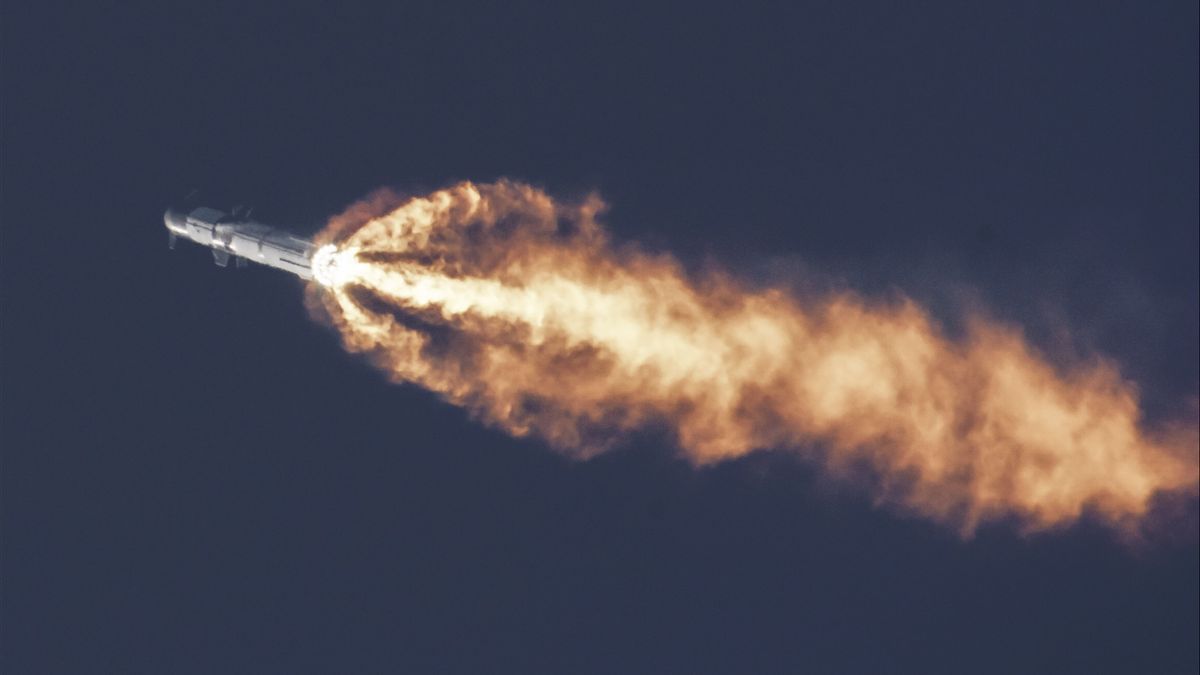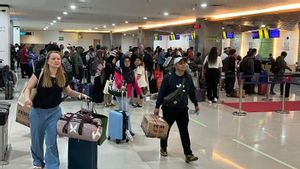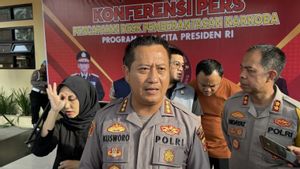JAKARTA - The environment group and the Carrizo/Comecrudo tribe of Texas filed a lawsuit against the Federal Aviation Administration after SpaceX's Starship exploded during its Starbase launch in Boca Chica, Texas, last April.
The explosion destroyed the launch pad, delivered dust and debris flying for miles, and ash spread in areas where endangered species were in accordance with complaints filed in federal courts in Washington DC, May 2. The explosion also sparked a 3.5-hectare fire, according to US Forestry and Fisheries Services.
The lawsuit states that the FAA failed to "conduct a thorough review" of the environmental risks posed by SpaceX operations in Boca Chica, as required by the National Environmental Policy Act. These groups are concerned that the risk of higher fires, pollution, light, and heat from this program will affect the surrounding environment. " Allowing SpaceX to launch the largest rocket known to humans is a significant type of federal action that requires full analysis," reads the document.
However, the FAA allows SpaceX to submit a more limited assessment than a more comprehensive environmental review after determining that launches will have no significant impact on the surrounding environment. The plaintiffs are now pushing the agency to complete a complete review. They also claim that the FAA violated the National Environmental Policy Act by not fully assessing alternatives, including the launch of rockets from the Kennedy Space Center instead of the Boca Chica.
The launch site, which is now reportedly seen as a land acquisition zone, is located in one of the most biologically diverse parts of the continent where several species are threatened and protected. It includes sea turtles Kemp and piped plovers, small beach birds nestled on sandy beaches. There is also a highly endangered ocelot that is considered sacred to the Carrizo/Comecrudo tribe, in accordance with the complaint.
SEE ALSO:
"Boca Chica is the center of our creation story. However, we have been cut off from the land where our ancestors lived for thousands of years because SpaceX, which uses our ancestral land as a sacrificial zone for its rockets," said Juan Mancias, head of the Carrizo/comecrudo tribe from Texas, in a press release. Plaintiffs are also worried about losing access to Taman Negara and Boca Chica Beach as launches close important public highways to the area.
Previously, the FAA allowed SpaceX to launch up to 20 rockets a year over the next five years at Boca Chica. In the last five years, at least eight rockets have exploded on the site, according to the lawsuit.
In an email to The Verge, the FAA said it "does not comment on the ongoing litigation issues." SpaceX did not immediately respond to the lawsuit. SpaceX is not listed as a defendant in this lawsuit because it focuses on the FAA's responsibility to comply with the National Environmental Policy Act, a fundamental environmental law in the United States that ensures that communities can review environmental assessments and provide their feedback.
The English, Chinese, Japanese, Arabic, and French versions are automatically generated by the AI. So there may still be inaccuracies in translating, please always see Indonesian as our main language. (system supported by DigitalSiber.id)


















